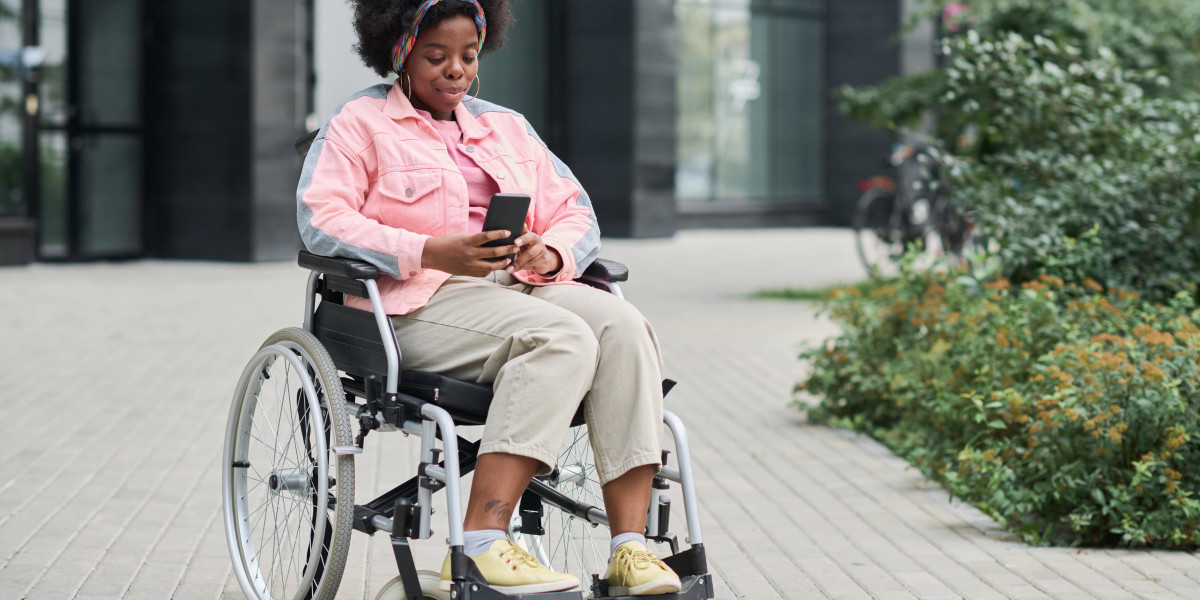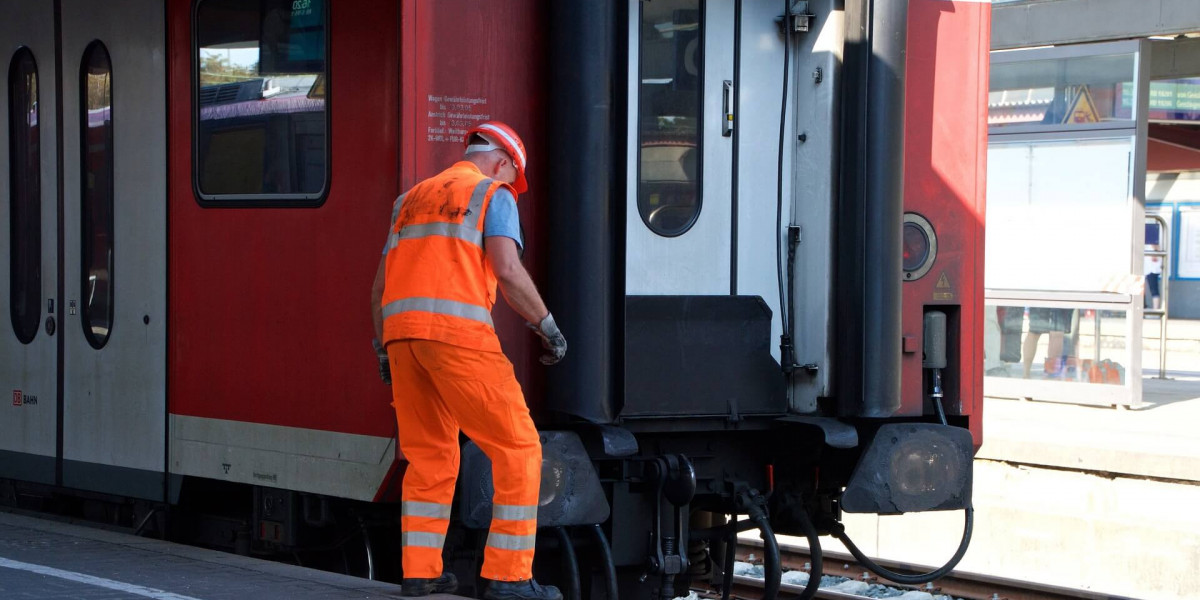Chronic knee pain caused by osteoarthritis or injury can significantly impact your mobility and quality of life. When medications, physiotherapy, and other non-surgical treatments no longer provide relief,knee replacement surgerybecomes a viable and effective solution. However, one of the most important decisions patients face is whether to undergo apartial or total knee replacement.
If you're consideringPartial Knee Replacement Surgery in DelhiorTotal Knee Replacement Surgery in Delhi, understanding the key differences, benefits, and recovery expectations is crucial in making an informed choice.

Understanding Knee Anatomy:
The knee joint comprises three compartments:
Medial compartment(inner side of the knee)
Lateral compartment(outer side)
Patellofemoral compartment(front portion where the kneecap meets the thigh bone)
Depending on how many compartments are affected by arthritis or damage, your surgeon will recommend either a partial or total knee replacement.
What is Total Knee Replacement (TKR)?
Total Knee Replacement Surgery in Delhi, also known as total knee arthroplasty, involves replacing all three compartments of the knee with metal and plastic prosthetic components. The damaged cartilage and bone from the femur, tibia, and often the patella are removed to restore function and relieve pain.
Ideal for patients with:
Severe arthritis in multiple compartments
Significant knee deformity or joint instability
Failed previous treatments or surgeries
Advantages:
Long-lasting pain relief
Correction of joint deformities
Improved stability and mobility
High success rate with durable outcomes
However, TKR is a more extensive procedure with a longer recovery period, usually taking 3 to 6 months for full functional restoration.
What is Partial Knee Replacement (PKR)?
Partial Knee Replacement Surgery in Delhi, or unicompartmental knee arthroplasty, targets only the damaged portion of the knee. The rest of the jointincluding ligaments, healthy cartilage, and boneis preserved.
There are three types of PKR:
Medial inner side of the knee
Lateral outer side
Patellofemoral under the kneecap
Best suited for patients with:
Arthritis limited to one compartment
Stable ligaments (ACL, PCL)
Normal knee alignment
Active lifestyle with mild-to-moderate symptoms
Benefits:
Smaller incision and minimal tissue trauma
Faster recovery (usually 46 weeks)
Reduced risk of blood clots or infection
More natural knee movement post-surgery
PKR allows patients to return to daily activities sooner, but its not appropriate for those with widespread arthritis or joint instability.
How to Decide: Partial or Total Knee Replacement?
Your orthopaedic surgeon will evaluate several factors to determine the most appropriate option:
Extent of joint damage(assessed via X-ray/MRI)
Age and activity level
Body weight and overall health
Ligament integrity and knee stability
History of previous knee injuries or surgeries
Choose Partial Knee Replacement if:
Arthritis is localized to one compartment
Knee is stable with good range of motion
You're younger and want quicker recovery
Choose Total Knee Replacement if:
Arthritis affects multiple compartments
You have a deformity or severe pain
Your activity level is low or previous treatments failed
Recovery Rehabilitation:
Both procedures require physical therapy and follow-up care, but recovery differs in length and intensity.
PKR Recovery:
Most patients resume light activities in 46 weeks. Full recovery may take up to 3 months, with minimal restrictions.TKR Recovery:
Patients may need 36 months for full recovery. Regaining strength, balance, and joint flexibility requires consistent physiotherapy.

Outcomes Success Rates:
Both surgeries offer high success rates:
Over 90% success with TKR, especially in relieving pain and correcting deformities.
High satisfaction with PKR, particularly among active patients, due to the more natural feel and quicker recovery.
The final outcome heavily depends on the surgeons expertise, the quality of implants used, and how well the patient adheres to the rehab plan.
Conclusion:
Whether you're a candidate forPartial Knee Replacement Surgery in Delhior require aTotal Knee Replacement Surgery in Delhi, the goal remains the same: to restore mobility, relieve pain, and help you return to a more active, pain-free life.
While partial knee replacement offers quicker recovery and less invasiveness, total knee replacement is often the preferred option for those with advanced joint damage. A thorough evaluation by an experienced orthopaedic surgeon is essential to choose the best surgical path tailored to your unique condition and lifestyle.









